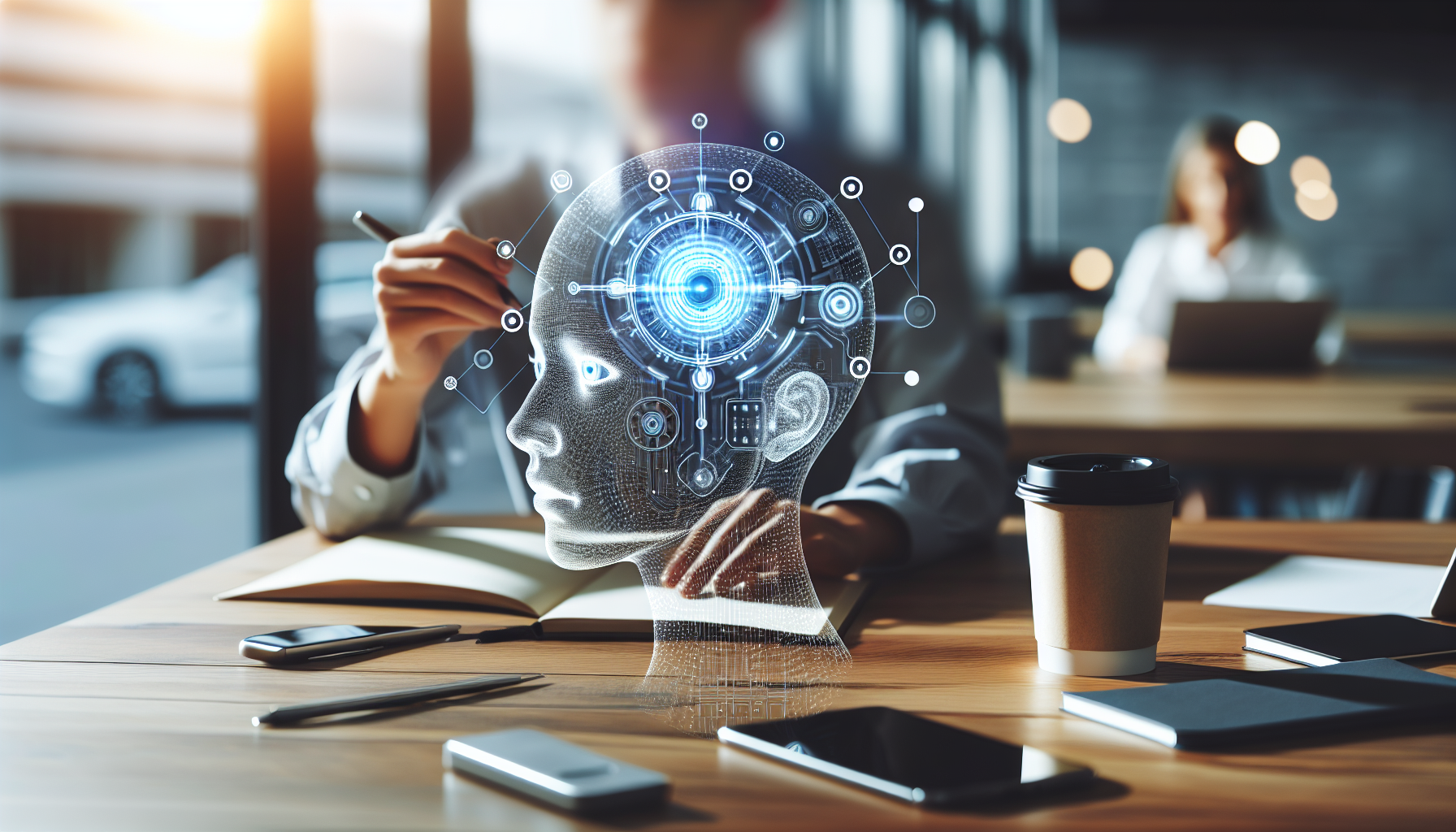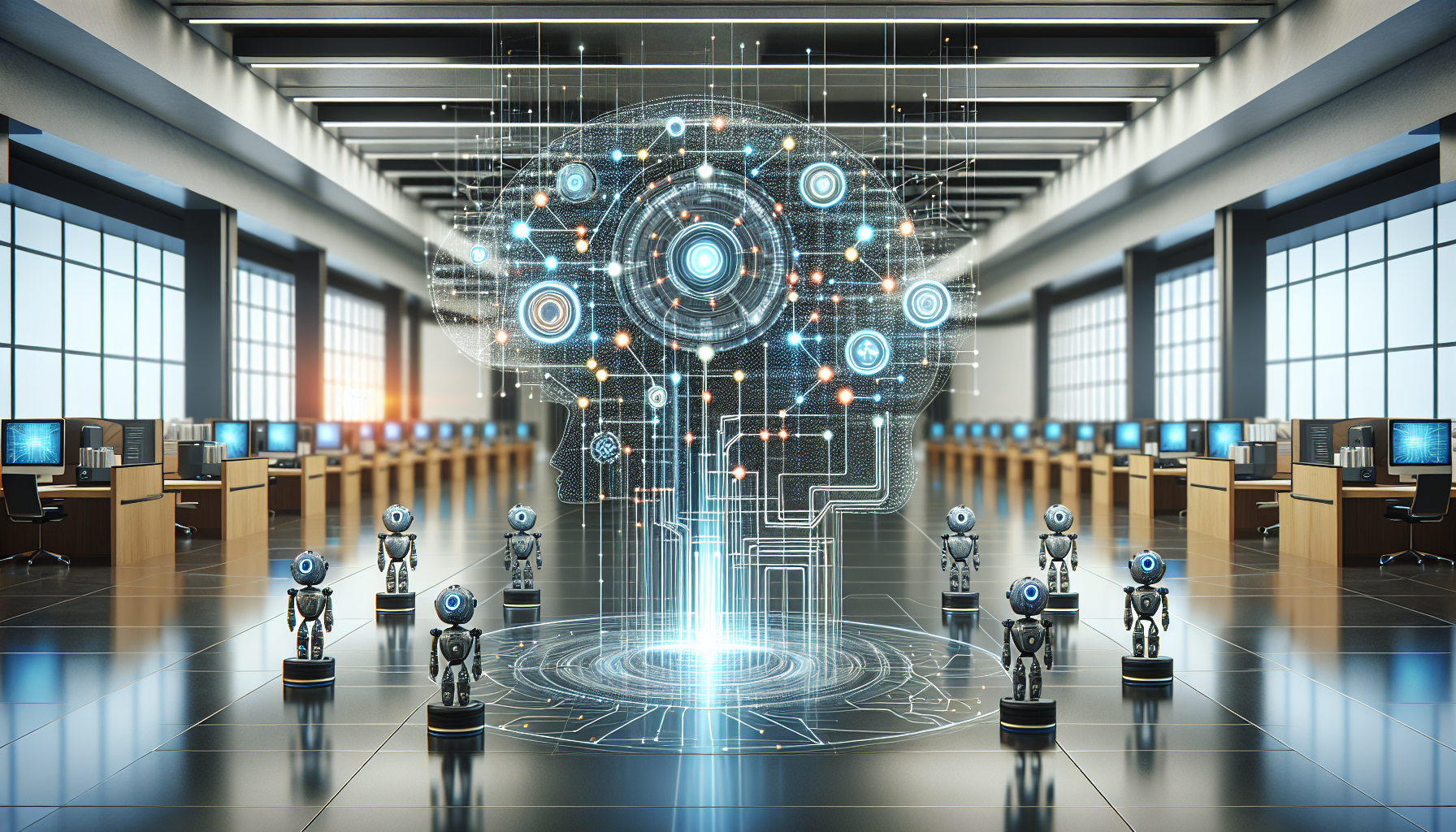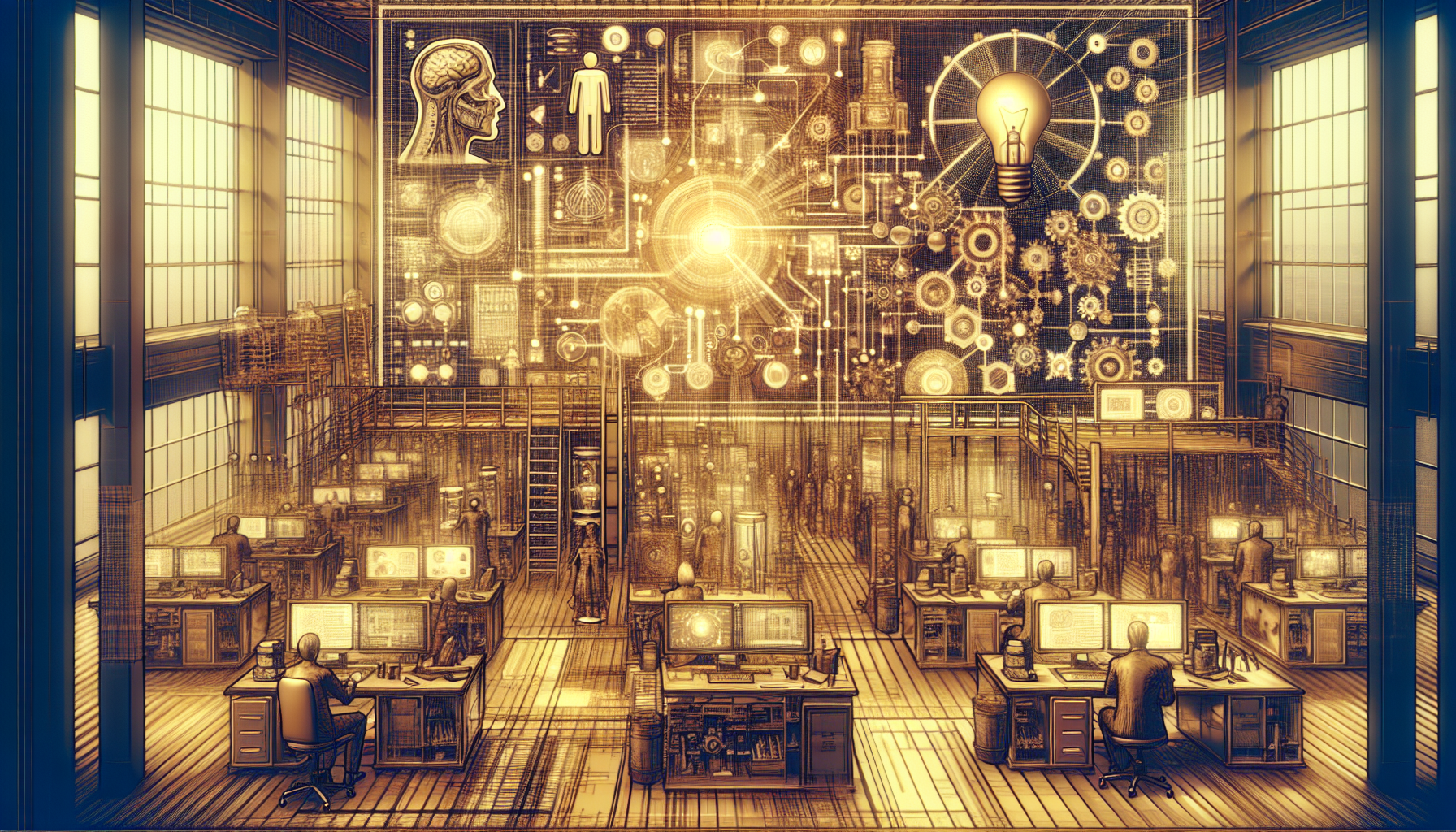
AI for Social Good: Transforming Lives Through Technology
September 6, 2025
In a remote village in sub-Saharan Africa, a small, solar-powered device quietly hums in a schoolhouse. This is not just any device; it is an artificial intelligence-powered tool designed to diagnose and predict malaria outbreaks before they occur. With limited access to healthcare, the villagers have seen firsthand the impact of AI in their community. The technology, once a distant concept, is now a vital ally in their daily lives, safeguarding their health and future. This case study exemplifies how AI can be harnessed for social good, addressing some of the most pressing global challenges with innovative solutions.
Artificial intelligence, often perceived as the domain of tech giants and futuristic gadgets, has found a profound purpose in humanitarian efforts. Its potential to solve complex problems is being unlocked worldwide, transforming lives far beyond the confines of technology hubs. In this village, AI's application in healthcare demonstrates its capability to make a tangible difference. The AI system, developed by a collaborative team of researchers and local health workers, analyzes environmental data, mosquito population trends, and past outbreak patterns to forecast potential malaria hotspots. The community can then take preventive measures, significantly reducing the disease's impact.
This transformative power of AI extends beyond healthcare. In India, farmers are using AI-driven apps to enhance agricultural productivity. These apps provide real-time insights into weather conditions, soil quality, and crop health, enabling farmers to make informed decisions. With AI's assistance, they can optimize their resources, increase yields, and reduce waste, directly contributing to food security in the region. The ripple effect of such advancements is profound, offering hope and stability to communities that once struggled to meet basic needs.
AI's influence in education is equally inspiring. In refugee camps across the Middle East, AI tools are being utilized to bridge educational gaps for displaced children. Personalized learning platforms, driven by AI algorithms, adapt to each student's learning pace and style, providing a tailored educational experience. This technology not only empowers children with knowledge but also instills a sense of normalcy and hope amidst the chaos of displacement. Through education, these young minds are being equipped to rebuild and reshape their futures.
Moreover, AI is playing a crucial role in environmental conservation. In the lush rainforests of South America, AI-powered drones are monitoring deforestation and illegal logging activities. These drones, equipped with advanced imaging and data analysis capabilities, provide real-time information to conservationists, enabling swift action to protect these vital ecosystems. By preserving biodiversity and combating climate change, AI is contributing to a sustainable future for our planet.
Despite these successes, the journey of AI for social good is not without challenges. Ethical considerations, data privacy issues, and the digital divide pose significant hurdles. However, the collaborative efforts of governments, non-profits, and tech innovators are paving the way for responsible AI development. Initiatives are underway to ensure that AI tools are accessible and beneficial to all, particularly marginalized and underserved communities.
The stories of AI transforming lives in rural Africa, on Indian farms, in Middle Eastern refugee camps, and in South American rainforests are just the beginning. These narratives inspire a broader vision of what AI can achieve when its capabilities are aligned with humanity's greatest needs. As we continue to witness AI's growth and integration into various aspects of life, a critical question emerges: How can we ensure that the power of AI is harnessed ethically and inclusively, leaving no one behind?
The challenge and opportunity lie in shaping AI's future to address the inequities and challenges of our world. By fostering collaboration and innovation, we can unlock AI's full potential for social good, creating a world where technology uplifts and empowers every individual, regardless of their circumstances. The journey is ongoing, the possibilities are endless, and the stories of transformation are yet to be fully told.


